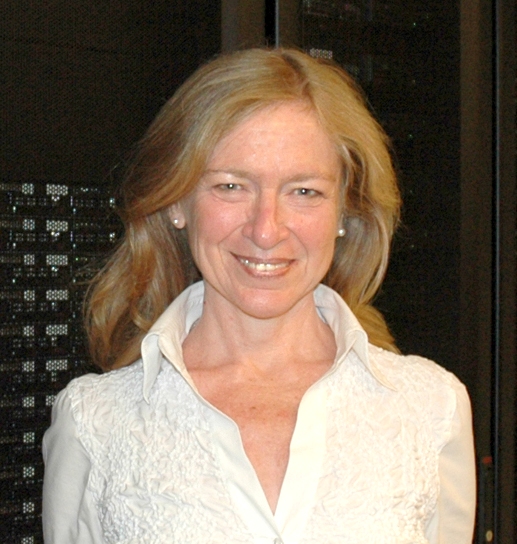Title: From Dependent Happenings to Causal Inference with Interference
Abstract:
Dependent happenings were defined by Sir Ronald Ross in 1916 as those types of events whose incidence depends on the number already affected. These included trade unions, other social phenomena, as well as infectious diseases. Interference occurs when the outcome in one individual can depend on the treatment status of others. For example, vaccination of individuals can often have an effect on whether other individuals become infected. In the presence of interference, interventions can have several different kinds of effects. The potential outcome approach to causal inference has been expanded to define these different effects. We discuss the relation between dependent happenings and causal inference with interference. We present different types of studies that have been and are being conducted to evaluate these different types of effects in the infectious disease context as well as others.
Biography
M. Elizabeth (Betz) Halloran is Professor of Biostatistics in the Vaccine and infectious Disease Division, Fred Hutchinson Research Center, and in the Department of Biostatistics, University of Washington, in Seattle. She is Director of the NIGMS/NIH-funded Center for Inference and Dynamics of Infectious Diseases (www.cidid.org). She is founder and Director of the NIGMS/NIH-funded Summer Institute in Statistics and Modeling in Infectious Diseases, which will take place for the 11 th time in Seattle in July 2019. She is currently the recipient of a MERIT award from NIAID/NIH for methods for evaluating vaccine effects. She studied medicine in West Berlin, Germany. She has a Masters of Public Health in Tropical Public Health (1985) and a Doctor of Science (1989), both from the Harvard School of Public Health. She is currently Chair of the Section on Statistics of the American Association for the Advancement of Science. She is Fellow of the American Statistical Association, the Royal Statistical Society, and the American Association for theAdvancement of Science.
